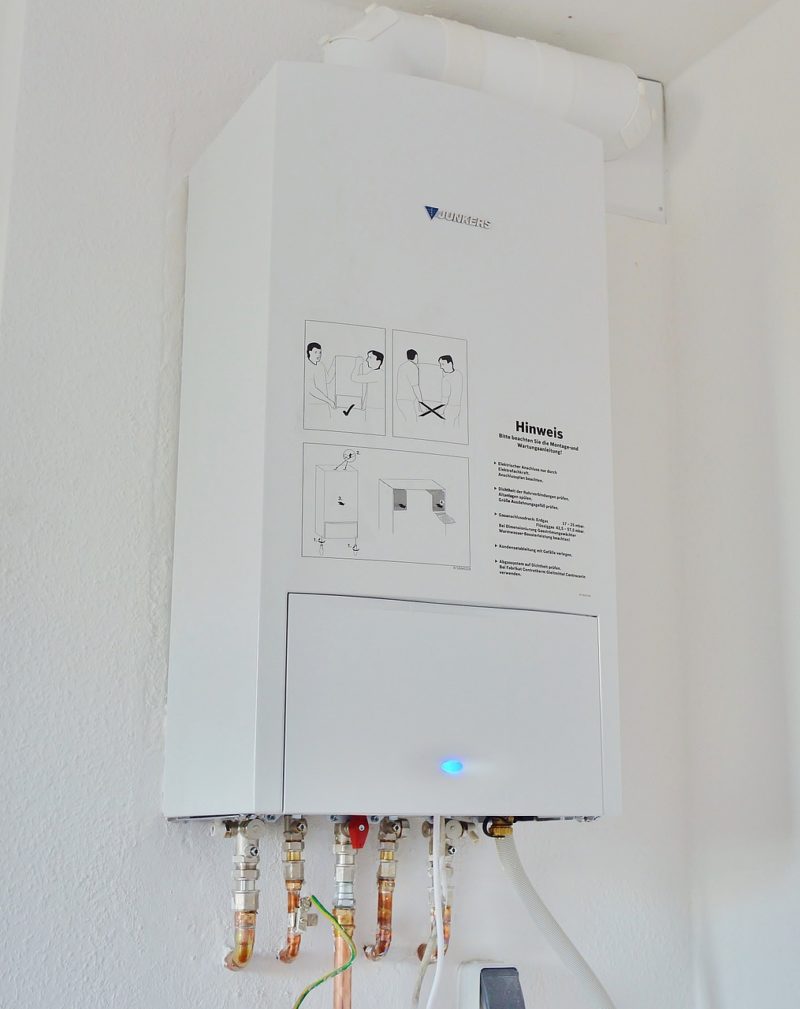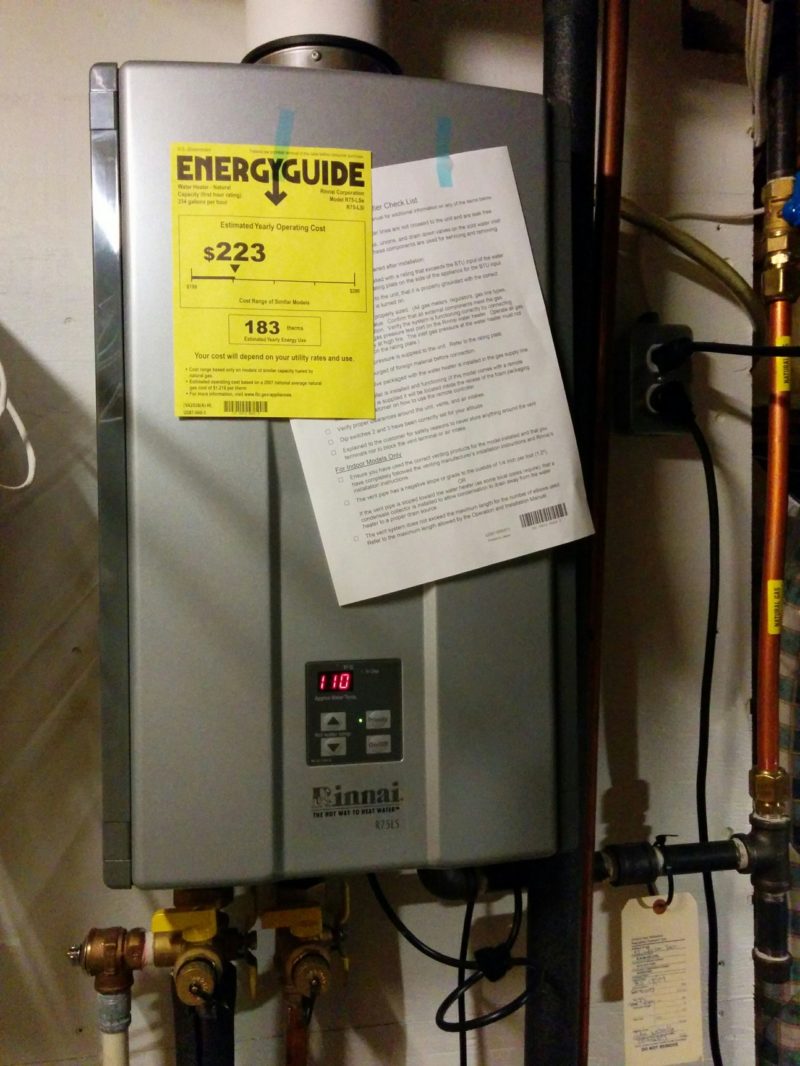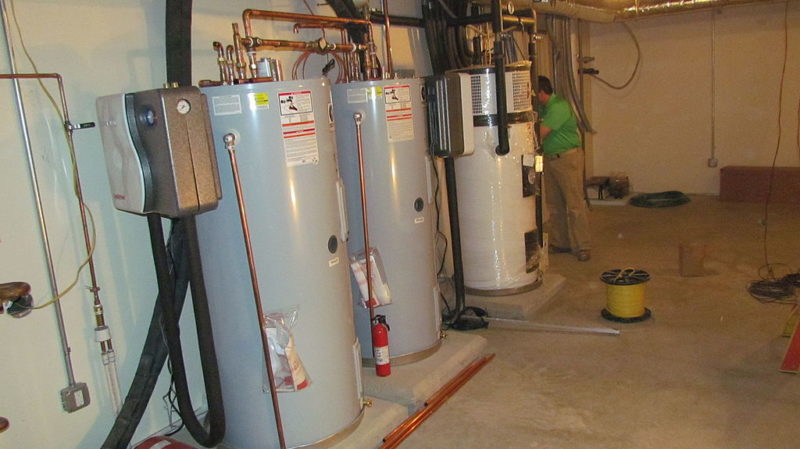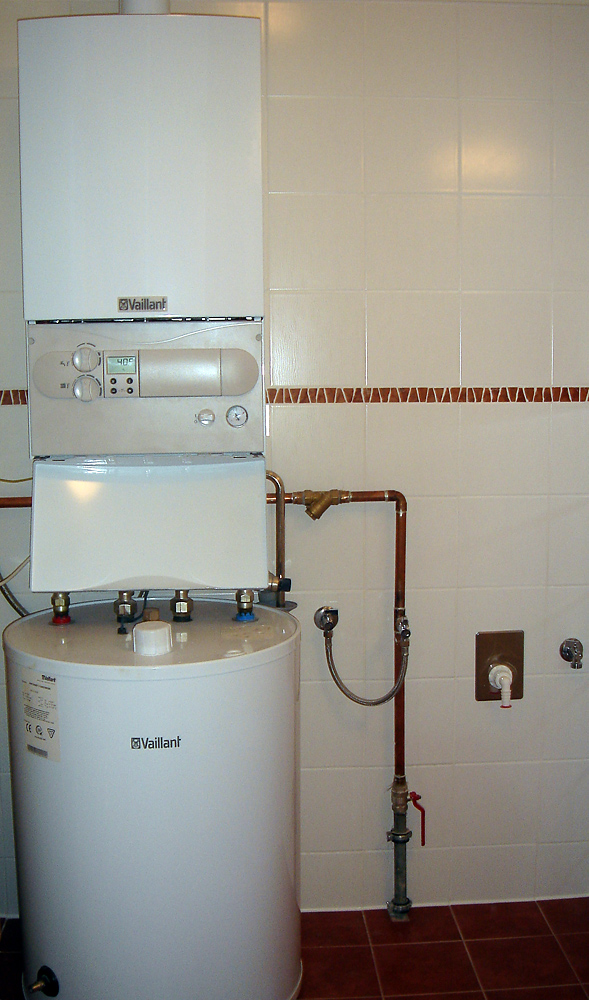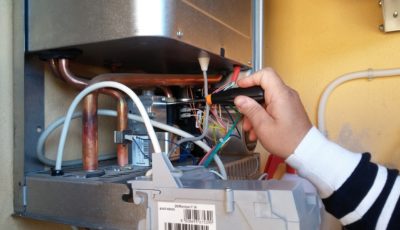Tankless Vs Tank: Which Should You Consider For Your Home
Investing in a new water heater poses a considerable cost, and this is a piece of equipment that you will have to live with for a decade or possibly more. That’s why you have to consider the cost, efficiency and longevity of a water heater before making your purchase.
In this piece, we will go over the pros and cons of tankless and traditional storage water heaters to help you better understand them, and make an informed decision based on your budget and needs.
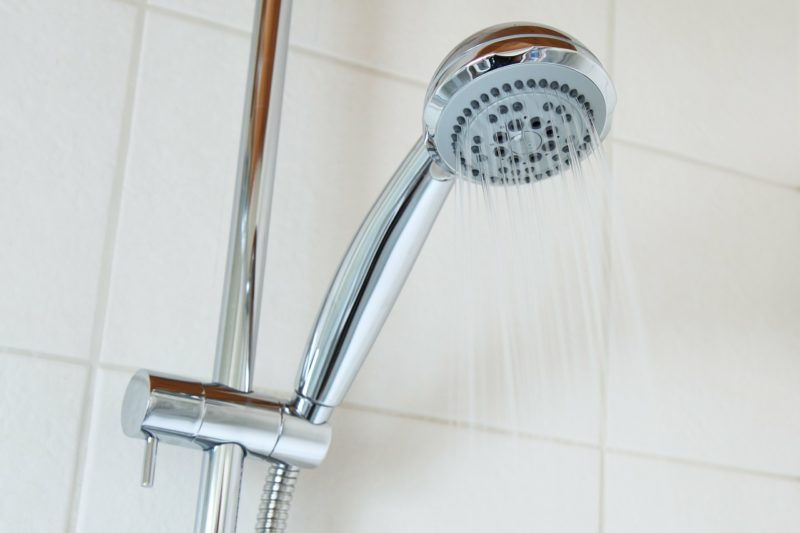
Tankless Water Heaters
Also known as on-demand water heaters, these heaters use high-powered burners to quickly heat up water on its way through a heat exchanger, delivering it directly to your faucets or shower without storing it in a tank. If this is your first time hearing about them, Water Tech Advice offers more details on how tankless water heaters work; how long it takes for them to heat up water; and their running costs.
Why They’re Good
Clearly, the size; these compact heaters can fit anywhere, and are not as overwhelmingly chunky looking at as the tank variants. They are also said to last for up to 20 to 30 years, which is an impressive lifetime for any piece of equipment in the house. On the other hand, and according to various statistics, tankless heaters were found to be 22-34 percent more energy efficient on average than their storage tank counterparts. This means that they can help you save up on utility bills, and be good to the environment.
The Downsides
Because of the technology involved, tankless heaters are pricier than tank storage ones, and can set you back a significant sum of money for purchase and installation. In addition, they are not as “heavy duty” as the tank option; taking a shower and doing laundry at the same time may pose a challenge as the heater races to heat up significant amounts of running water without storing it.
Tank Storage Water Heaters
These are the traditional type commonly found in most homes; their most obvious feature is the large insulated tank that typically holds 30-50 gallons of water, to heat and store until needed.
Why They’re Good
Since the technology behind them is pretty the oldest and known, storage tank water heaters cost significantly less initially upon purchase and installation. And since their mode of operation is quite simple, their maintenance and repairs are also affordable. Besides, you would be less likely to run out of hot water with these monsters and their massive storage capacities; at least not as quickly as you would with the tankless variants.
The Downsides
Their energy consumption is somewhat higher than their tankless counterparts, resulting in higher utility bills. They are also quite large and more difficult to fit into small spaces, and they can’t be mounted outside the house (unlike the tankless type). Longevity is also not a strength point here, as tankless heaters win in this arena.
Andy Butkaj [CC BY 2.0]
Where to Go from Here
Considering all the factors aforementioned, size and cost may be the initial pillars of your decision. If you are tight on space, or don’t mind spending extra on initial costs, you might want to go for the tankless option and save more money over time. However, if you have plenty of space, or buying on a budget, a storage tank water heater might make more sense for you. Before buying anything, do your research and talk to your plumber about the options.

